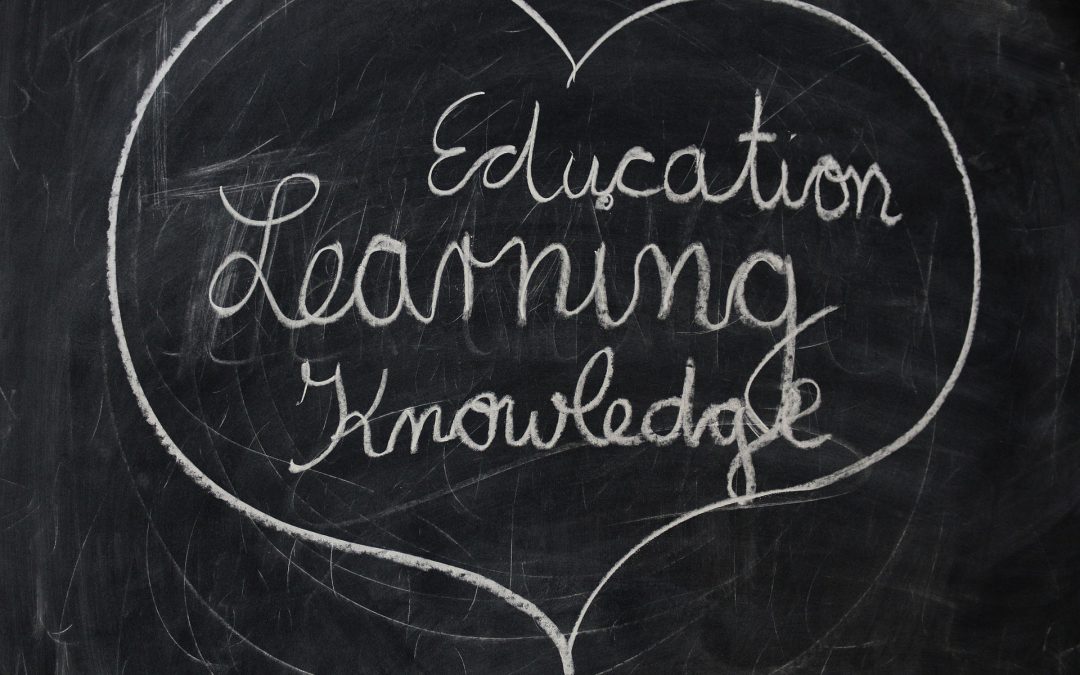The Netherlands has a binary higher education system.
Binary in this context means there are two types of higher education: research-oriented and profession-oriented:
- Research-oriented education (wetenschappelijk onderwijs, WO) is traditionally offered by research universities.
- Higher professional education (hoger beroepsonderwijs, HBO) is offered by universities of applied sciences (hogescholen).
Programmes at universities of applied sciences prepare students for particular professions and tend to be more practically-oriented. They lead to either a bachelor’s or master’s degree.
Programmes at research universities focus on theoretical aspects of the field of study and prepare students for undertaking independent research. These also lead to a bachelor’s or master’s degree. At research universities you can also pursue a PhD degree.
Vocational education and training (VET)
The Dutch term for secondary Vocational Education and Training (VET) is middelbaar beroepsonderwijs (mbo). Pre-vocational education and training is known as voorbereidend middelbaar beroepsonderwijs (vmbo).
The Dutch mbo sector consists of 70 colleges.
- Regionale Opleidingencentra (ROCs) are multidisciplinary colleges offering VET in technology, economics, personal/social services, health care and adult education.
- Agricultural VET colleges offer vmbo and VET in agriculture and food technology.
- Specialised VET colleges offer programmes for a specific branch of industry, such as graphic design, butchery, house painting, furniture painting and transport.
The duration of VET programmes varies from six months to four years, depending on the level and the requirements.
There are four VET levels:
- Level 1: entry level
- Level 2: basic vocational training
- Level 3: full professional training
- Level 4: middle-management and specialised training
There are two VET learning pathways:
Work Based Learning (WBL) is compulsory in both pathways and can only be offered by a recognised training company.
Credit system and degrees
Degree programmes and periods of study are quantified in terms of the European Credit Transfer and Accumulation System (ECTS). In this system, 60 credits represent one year of study and one credit represents 28 hours of study. The focus of the programmes determines both the number of credits required to complete the programme and the type of degree that is awarded:
| Type of degree programme | Duration | ECTS | Degree/Title |
|---|---|---|---|
| HBO bachelor’s | 4 years | 240 | Bachelor (+ indication of field of study) |
| WO bachelor’s | 3 years | 180 | Bachelor of Arts or Bachelor of Science |
| HBO master’s | 1 or 2 years | 60 or 120 | Master (+ indication of field of study) |
| WO master’s | 1, 1.5 or 2 years | 60, 90 or 120 | Master of Arts or Master of Science |
Admission to higher education
For access to bachelor’s programmes at research universities you need a VWO secondary school diploma. Students who have completed the first year at a university of applied sciences are also eligible for admission. For access to bachelor’s programmes at universities of applied sciences, the minimum requirement is a HAVO secondary school diploma.
For some programmes, such as those in art education, the institution specifies additional skills as a requirements for admission. Some study programmes are bound by a numerus fixus, meaning there is a maximum number of first-year students they can admit.
Diploma recognition
The Dutch Ministry of Education, Culture and Science has appointed EP-Nuffic’s International Recognition Department as the national information centre for academic and professional recognition.
More information
 Education system the Netherlands (2.3 MB)(extensive description)
Education system the Netherlands (2.3 MB)(extensive description)
 Higher education system in the Netherlands(62 kB) (factsheet)
Higher education system in the Netherlands(62 kB) (factsheet)
 The Dutch education system(85 kB) (diagram)
The Dutch education system(85 kB) (diagram)
Source and more information: EP Nuffic

